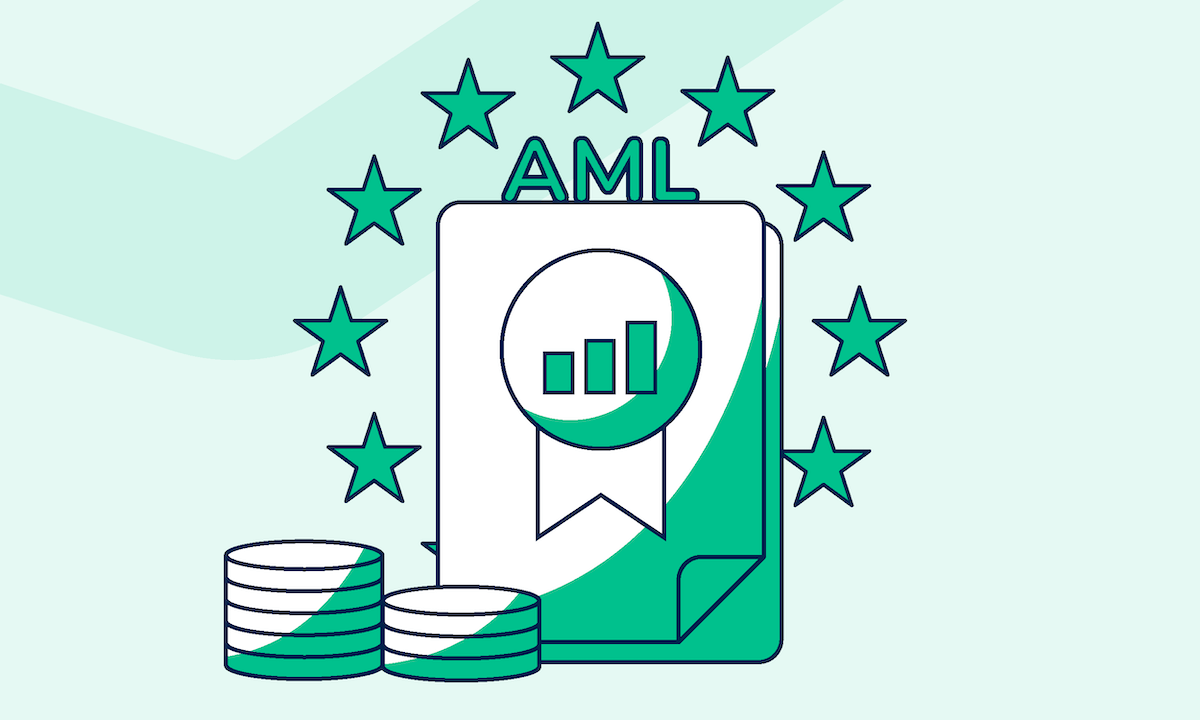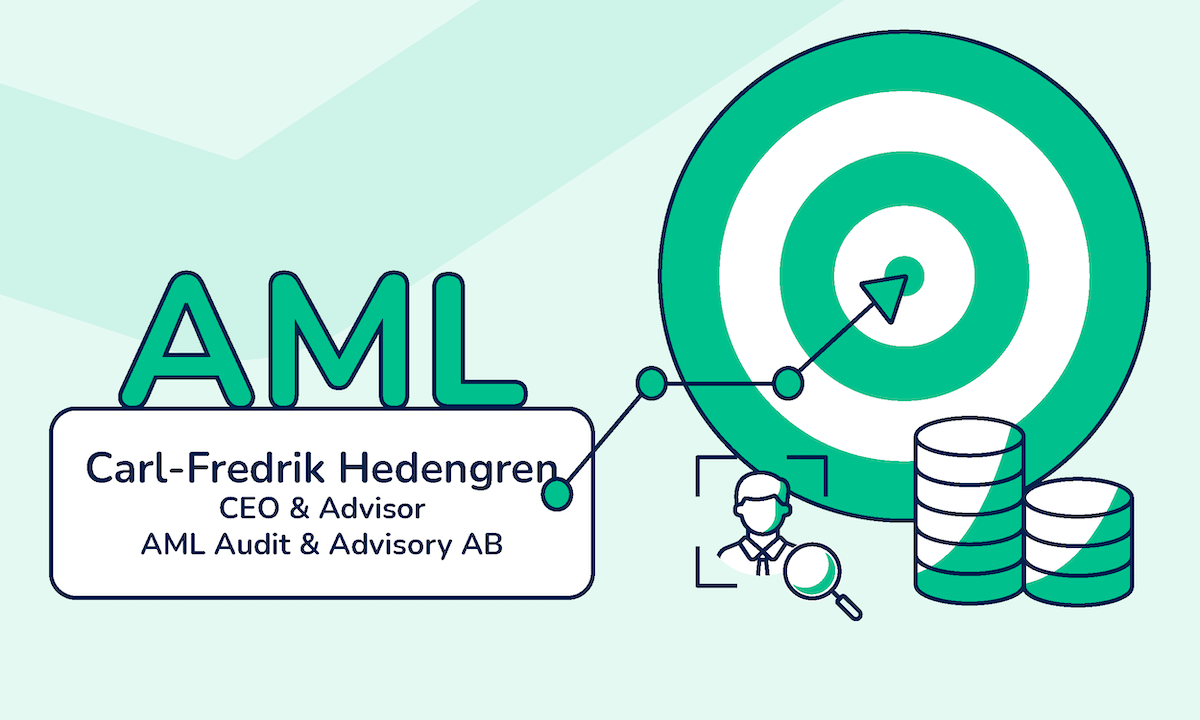The 6th AML Directive is part of the new AML/CFT legislative package that aims to strengthen and harmonize anti-money laundering and counter-terrorist financing rules across the EU.
In July 2019, following a series of big money laundering scandals, the EU Commission decided that the existing AML/CFT framework was ineffective and needed improvement.
As a result, on 20 July 2021, the Commission published a new AML/CFT legislative package, including the 6th AML Directive and three other proposals.
The 6th AML Directive will repeal and replace the existing 4th AMLD, as amended by
the 5th AMLD, and contains provisions that must be transposed into national law by all EU Member States.
What changes will the 6th AMLD introduce?
The 6th Anti-Money Laundering Directive aims to improve the practices of supervisors and FIUs and strengthen cooperation among the competent authorities by:
- Clarifying the powers and tasks of FIUs and defining a minimum set of information to which FIUs should have access
- Setting forth a framework for joint analyses of FIUs and providing a legal basis for the FIU.net system
- Proposing clearer rules on feedback from FIUs to obliged entities, and conversely, from obliged entities to FIUs
- Clarifying the powers and tasks of AML/CFT supervisors
- Introducing a common risk categorisation tool
- Setting up AML/CFT colleges and establishing a supervisory mechanism for operators that provide services across borders
- Clarifying the powers of UBO registers
- Introducing requirements for the processing of certain categories of personal data
- Providing for an interconnection of the bank account registers
- Clarifying cooperation with other authorities by providing for specific cases in which a duty to cooperate arises
These substantial changes will:
- ensure that the administrative structure of FIUs positively supports their analytical functions and facilitates their ability to collaborate with their counterparts
- ensure that the FIUs are effectively able to cooperate
- ensure that all supervisors have the instruments to take adequate remedial actions
- ensure convergent risk understanding in comparable situations
- ensure better cooperation among supervisors
- prevent inefficiencies caused by siloed approaches
- ensure that UBO registers can obtain up-to-date, adequate and accurate information
- ensure full consistency with EU data protection rules, such as the GDPR
How can Penneo help your business comply?
Businesses and their senior management can now be held legally responsible for failing to prevent money laundering. Therefore, obliged entities need to take AML/CFT compliance more seriously than ever.
Penneo KYC is a digital solution that helps companies comply with KYC requirements, including customer due diligence measures and data protection/retention.
With Penneo KYC, you can collect customer information and official identification documents in a secure manner. All data is encrypted to prevent unauthorized access.
The solution also screens your customers against business registers and PEP/sanctions lists and retrieves all relevant information. Not to mention that the guided risk assessment makes it simpler and faster for you to determine the risk of money laundering associated with your client.
All KYC data collected via Penneo is securely saved in the cloud and can be easily retrieved and made available to relevant authorities, if necessary.
Penneo KYC reduces manual work, cuts the cost of compliance, and minimizes human error. Book a meeting with one of our experts to discuss how Penneo KYC can help your business succeed.





